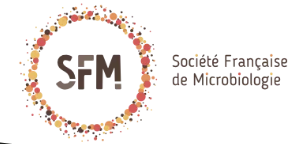EURL
European Union Reference Laboratory for
Foodborne Bacterial Toxins International Symposium
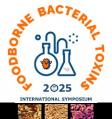
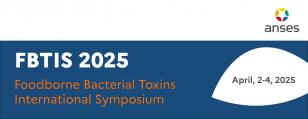
Foodborne Bacterial Toxins International Symposium (FBTIS)

Yacine NIA, PhD.
Chair of FBTIS organizing committee
yacine.nia@anses.fr
Abdelhak FATIHI, PhD.
FBTIS organizing committee
FBTIS@anses.fr
https://fbtis.anses.fr/
Tel: +33 1 49 77 27 56
Mobile : +33 6 23 47 18 77
FRENCH AGENCY FOR FOOD, ENVIRONMENTAL AND OCCUPATIONAL HEALTH & SAFETY
14 rue Pierre et Marie Curie F-94701 Maisons-Alfort Cedex
Special Issue Opportunity in the International Journal of Food Microbiology
We are pleased to announce that authors of selected oral and poster presentations at the Foodborne Bacterial Toxins International Symposium will be invited to submit a full article for consideration in a special issue of the International Journal of Food Microbiology.
Submissions will undergo the standard peer-review process, ensuring the highest scientific standards.
The special issue will be guest-edited by experts NIA Yacine, HENNEKINNE Jacques Antoine, and RAJKOVIC Andreja. This is a unique opportunity for authors to contribute to a high-impact publication in the field.
The submission system is ready for article submission:
For further assistance, please visit our Elsevier Support Center. Here you can search for solutions on a range of topics, find answers to frequently asked questions and learn more about the submission system

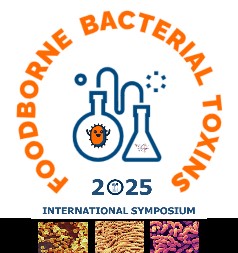
The first international symposium on foodborne bacterial toxins is organized under the aegis of:
The French Agency for Food, Environmental and Occupational Health & Safety, Food Safety Laboratory
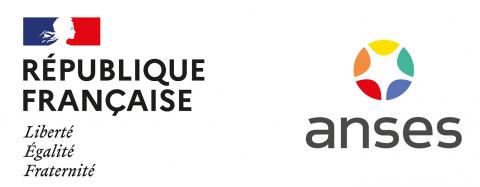
The French Society of Microbiology (SFM).
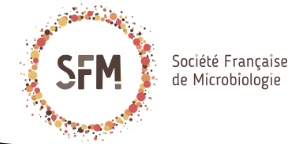
The International Committee on Food Microbiology and Hygiene (ICFMH)
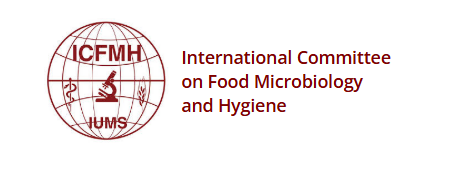
The Istituto Zooprofilattico Sperimentale del Piemonte Liguria e Valle d'Aosta (IZSPLV, Italy)
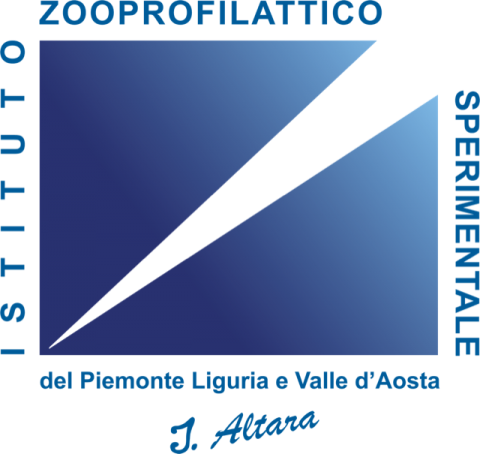
The French Society for Microbiology (SFM) and the FBTIS Symposium promote the work of young researchers and PhD students, particularly through awards dedicated to young scientists (< 35 years). These prizes reward the quality of their work, contribute to the financing of their thesis, or help them participate in conferences.
For these awards, presented and sponsored by the French Society for Microbiology (SFM), only young researchers and PhD students (< 35 years in 2025) who present an oral or poster communication are eligible The FBTIS Symposium and SFM are pleased to announce the opening of the SFM call for applications for the FBTIS 2025 Awards. These awards aim to recognize and reward the three best contributions
